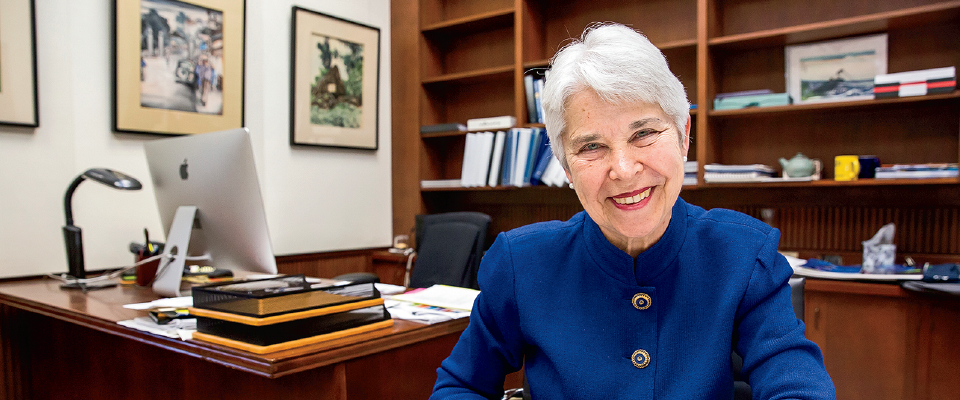A public letter addresses the false dichotomy of “excellence or diversity.”
“The false dichotomy of ‘excellence or diversity’ must end,” four UC Berkeley alumni wrote in a letter published in the journal Science in September. “Diversity results in better, more impactful, and more innovative science,” the letter continued, “and it is essential to building novel solutions to challenges faced by marginalized and non-marginalized communities.”
The four biologists—Paul Barber, Tyrone Hayes, Tracy Johnson, and Leticia Márquez-Magaña—decided to write their letter after reading various petitions that circulated in the aftermath of George Floyd’s killing by police earlier this year. “We saw that lots of people were signing these petitions,” says Barber, a professor at UCLA, in an email, “and [we] wanted to push people to commit to more and be active agents of change.”
The letter outlines several actions that universities can take to curb structural racism in academia, such as developing more equitable tenure processes for minority faculty and special programs to support Black, brown, and Indigenous students. Barber and his coauthors largely relied on word of mouth to gather support. The first draft they submitted had some 1,500 signatories. By the time the letter was published, it had more than 10,000. “The editor at Science said that it’s likely the most signatories to a letter they’ve had,” Barber says.
Aside from a few “trolls,” he adds, the overall response to the letter, which he calls “an important first step” to addressing systemic racism in STEM, has been largely positive. “Many of these issues have been discussed elsewhere, but synthesizing this previous work and elevating it by publishing it in Science creates a much bigger platform and amplifies the message.”





















